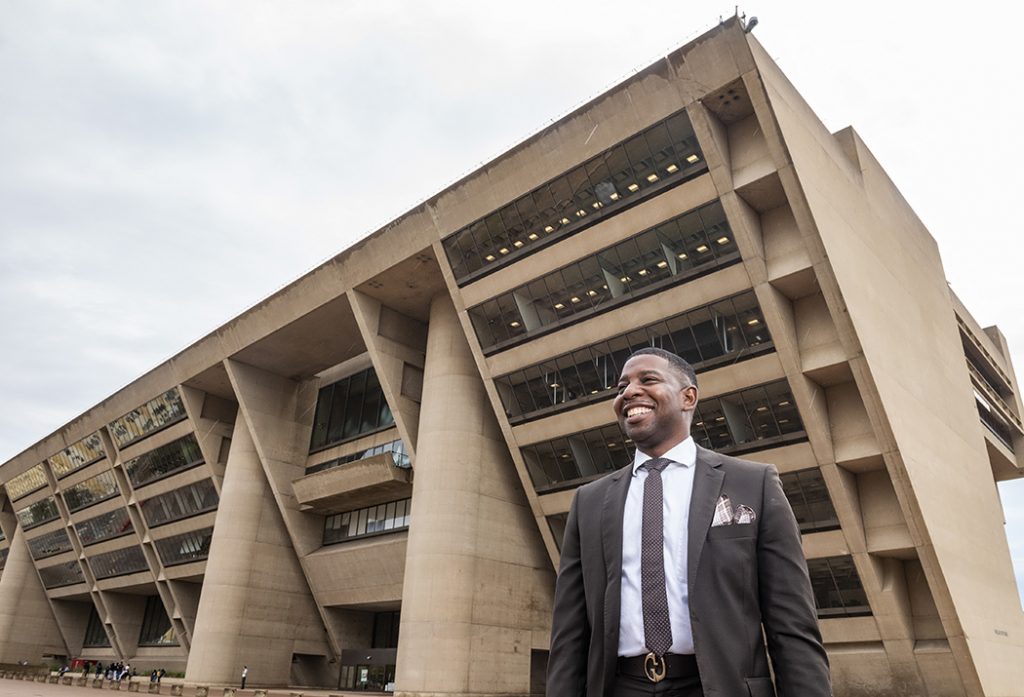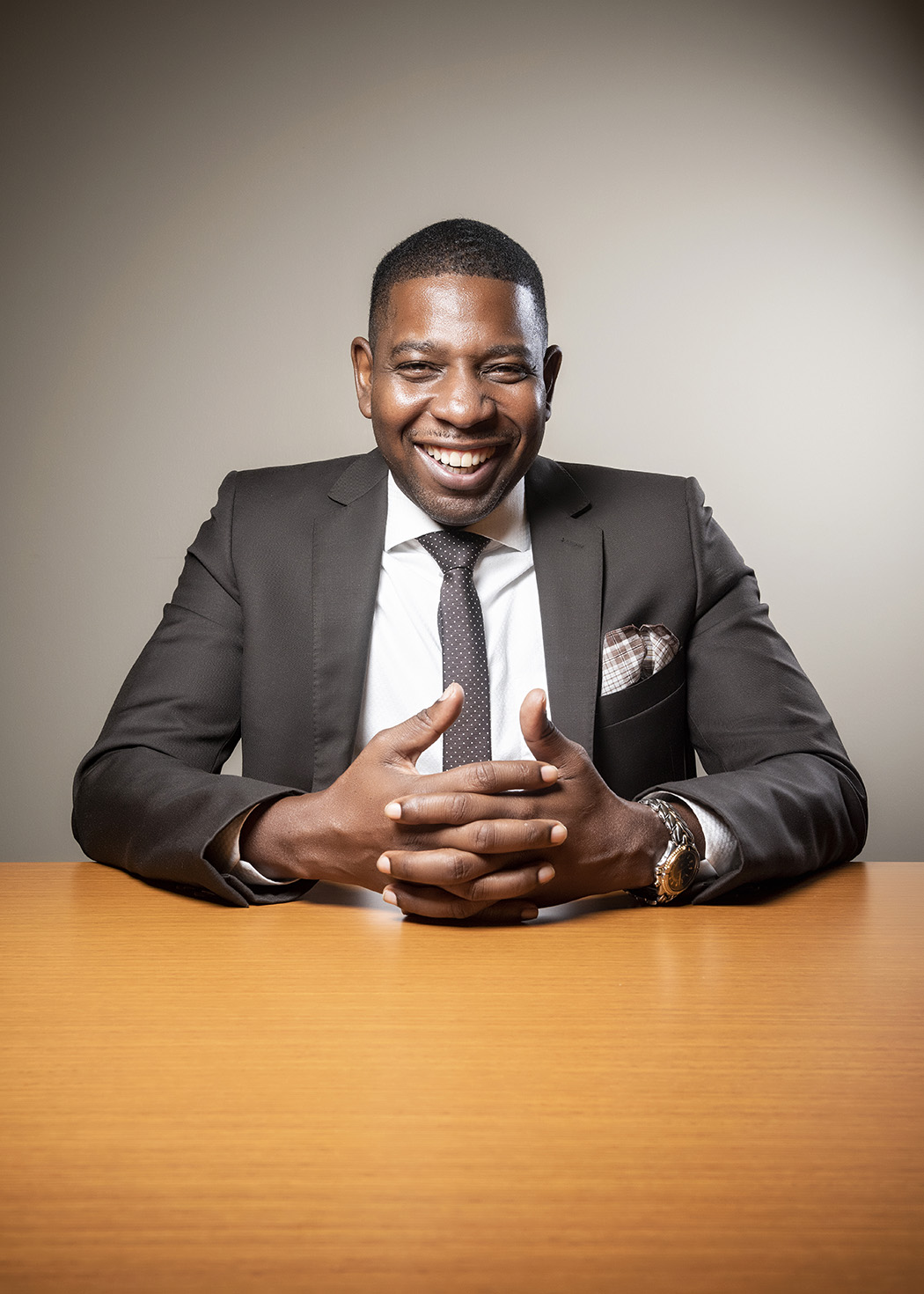Ezekiel Tyson started practicing law in 2002, working for small firms and as a prosecutor for the city of Houston. He moved to Dallas and opened a practice in Oak Cliff, where he consistently does criminal defense work and personal injury. Tyson represents District 10 on the recently restructured Community Police Oversight Board. Created in the ’80s due to excessive force and police brutality, Dallas has used the board to stay progressive on current issues. “I think that’s what we’re trying to bridge with this board,” Tyson says.
What is the Community Police Oversight Board?
We have a new staff now. Before we were the Citizens Police Review Board, and that entity had no budget. It had no staff, and basically, if a person made a complaint to IAD [Internal Affairs Division], if that person wasn’t satisfied, they could then appeal it to our board. We could review it and then pass on a recommendation. We really couldn’t affect anything, but we could take a second look at it and say, “Hey we agree with what you did, or we disagree.” The new board has a little more oomph to it. We actually have a budget for a staff of three, including a director, administrative assistant and investigator. The director is a link between our board, the DPD and city manager’s office. We could launch our investigator to do a simultaneous investigation along with IAD. They don’t interfere with what IAD does, IAD is still in charge of everything, but our investigator can be there, can ask questions, will suggest questions for the detectives to ask. If we aren’t satisfied with their ultimate recommendation, then our investigator can launch their own investigation.
What kinds of complaints do you get?
Typically it’s something dealing with interactions with the Dallas Police Department, where a citizen felt like an officer either took incorrect action or was rude or disrespectful in some way shape or form. We had everything from one lady who said she was assaulted in the police station when she was supposed to be giving a statement, and I believe her allegations bordered on sexual as well as physical inappropriate actions. Then on the other hand, we’ve had stuff that’s as simple as people who said, “Well I went to file a police report for missing checks and instead of walking me through the process, the officer on duty shrugged me off because I was homeless.” A lot of complaints I saw were mainly customer service type issues. More so than more serious police brutality or things where civil rights were violated. More than anything, it was really interesting to see there was such a disconnect between DPD, the agency and the citizen’s point of view of what should have happened.
What is the ultimate goal for this committee?
I think the ultimate goal is to add another set of eyes to the police department and a voice to the people who feel like they’ve been wronged or neglected by the police department. I think during the process of changing things, there was a lot of misinformation going back and forth and then some people took it as that we’re out to get police or something like that. That’s no one’s goal who’s on the board. I think everyone was trying to get to a point where we can just strengthen the system of oversight. Let’s be more proactive about seeing if there’s a problem on the front end; if someone makes a complaint, let’s make sure it’s fully investigated.
How do you interact with the community?
One of the new mandates is to do community outreach with the board and just try and get out there more and explain ourselves to the public. We should be available to the public to answer any questions so we can build that trust back and get where we need to be as far as citizens and police being on the same page.
What can our readers do to help?
I think showing up to meetings would be good, just so that the police officers can know there’s a presence there for citizens who are concerned. The citizens can actually voice their opinions and make public remarks now, so I think that helps as well because you have upper level internal affairs officers who attend the meetings, and I think it helps for them to hear what every citizen has to say. You have the complainant who comes in and makes their complaint, then we have the DPD representative who makes the responses of, “This is why we did what we did.” The complainant can then follow up and say their final piece. Then the board typically asks questions of the complainant or the DPD representative and I think that sometimes throughout our questioning, DPD gets a better idea of how a citizen thinks. When you’re involved in an agency like the police department, you tend to think a certain way. Not saying that’s good or bad, right or wrong, but I think just being almost isolated within that entity, you kind of tend to think like the people around you.
This interview has been edited for clarity and brevity.







